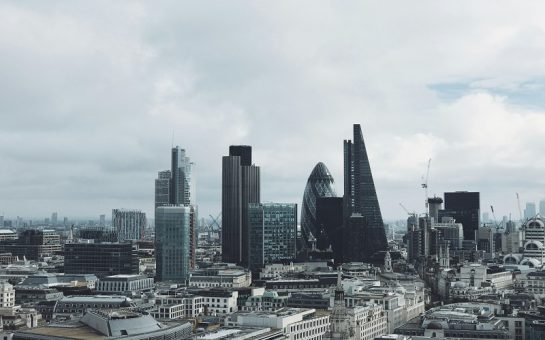A petition fighting the decision has gained over 3,000 signatures.

Boris Johnson’s approval of £8 billion plans to redevelop Earls Court has come under fire from members of the London Assembly.
The 77-acre redevelopment, also covering parts of South Kensington, will include four “villages” and a high street, which developers claim will bring thousands of jobs to the area.
The Earls Court Exhibition Centre has been estimated to contribute around £1 billion per year to London’s economy, leading to a backlash amongst local residents and politicians.
“The mayor claims to be a champion of the London economy,” said Assembly Member Darren Johnson. “But by backing this proposal, he is condemning this part of London into a playground for the super rich.”
A petition was launched in the wake of the initial planning application last year, and has gained over 3,000 signatures.
A Financial Times article in December estimated that the exhibition industry brought £11 billion to the UK in 2011, despite possessing only 5% of Europe’s exhibition space.
“Clearly, this could be a growth industry,” said London Assembly Planning Chair Nicky Gavron. “But demolishing Earls Court could be a serious blow to these prospects, and make the UK even less competitive.”
Developers’ plans include nearly 7,000 residential units, the construction of a new park and a large business area.
They are the brainchild of renowned architect Sir Terry Farrell, who previously designed Charing Cross Station and MI6’s headquarters, and will create 1,500 construction jobs.
The mayor gave the scheme the green light after meeting with his planning team last week, having referenced redeveloping Earls Court in his recently-published ‘London 2020 Vision’.
He said: “I’m in no doubt that the development will provide a massive boost not just to this part of the capital, but to London’s wider economy as well.”
The 77-acre development is estimated to be completed in 2030.
Photo courtesy of waldopepper, via Flikr, with thanks.
Follow us @SW_Londoner




